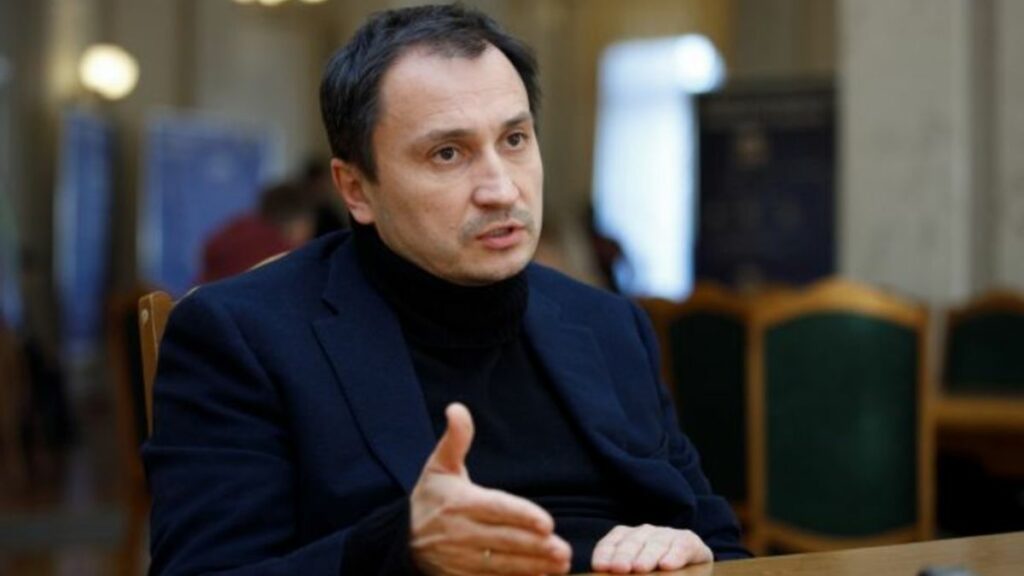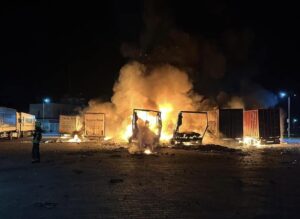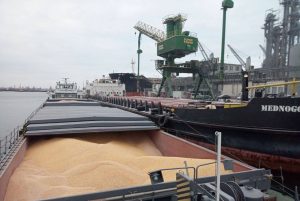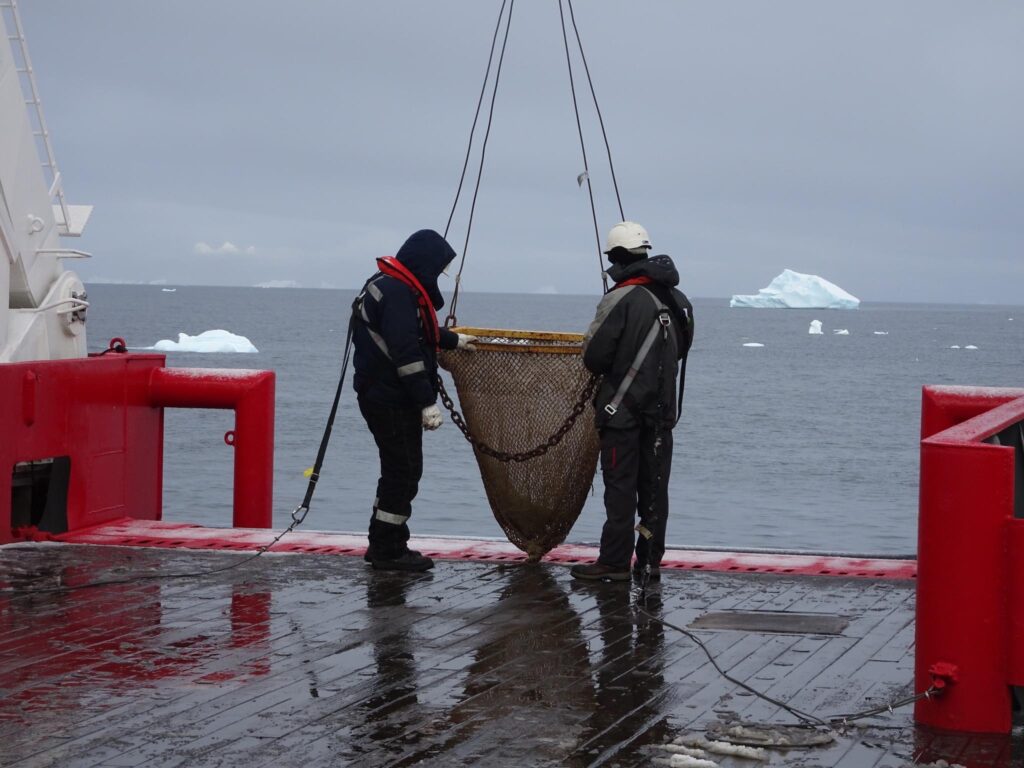Solskyi: Ukraine offered to build a broad-gauge railway to the Baltic ports

Such an infrastructure project will allow much faster and more efficient transit of grain and will be beneficial for Poland.
To increase the volume of transit of Ukrainian grain through the territory of Poland, the expansion of terminals on the Polish coast alone is not enough. This was stated by the Minister of Agricultural Policy of Ukraine Mykola Solskyi in an interview for the Polish media “Puls Biznesu”.
“There are many times more wagons for grain transportation in Ukraine than in the whole of Europe – from Romania to Portugal. That is, it makes no sense to invest in wagons that would run on European standard tracks. The only way to solve this problem is to build wide railway tracks from the border with Ukraine to Gdańsk and Klaipeda in Lithuania,” the minister says.
Such an investment will allow Poland to earn more from the transit of Ukrainian grain to the port of Gdańsk. Also, Poland would be able to build factories for the processing of Ukrainian grain on the coast and export finished products.
It will be recalled that earlier the Polish government considered the possibility of stopping the transit of Ukrainian grain from April.
Solsky noted that last year Ukrainian business made this proposal to the Polish government. Representatives of grain, metallurgical and oil refining companies wrote that they are ready to guarantee specific volumes of transportation in each of these industries for 10 years ahead. Also, Ukraine has investors who are ready to finance such an infrastructure project.
“The issue to be resolved is the adoption by the Polish Parliament of a simplified procedure for such investment. Such a simplified procedure has already been adopted in Poland, for example, in the case of the construction of an oil port or a gas terminal,” said the minister.
Reference: Ukraine and EU countries have different railway track standards. The European gauge is 1435 mm wide, the Ukrainian gauge is 1520 mm.
USM recently wrote that Polish farmers want to strengthen the blockade of the border.





